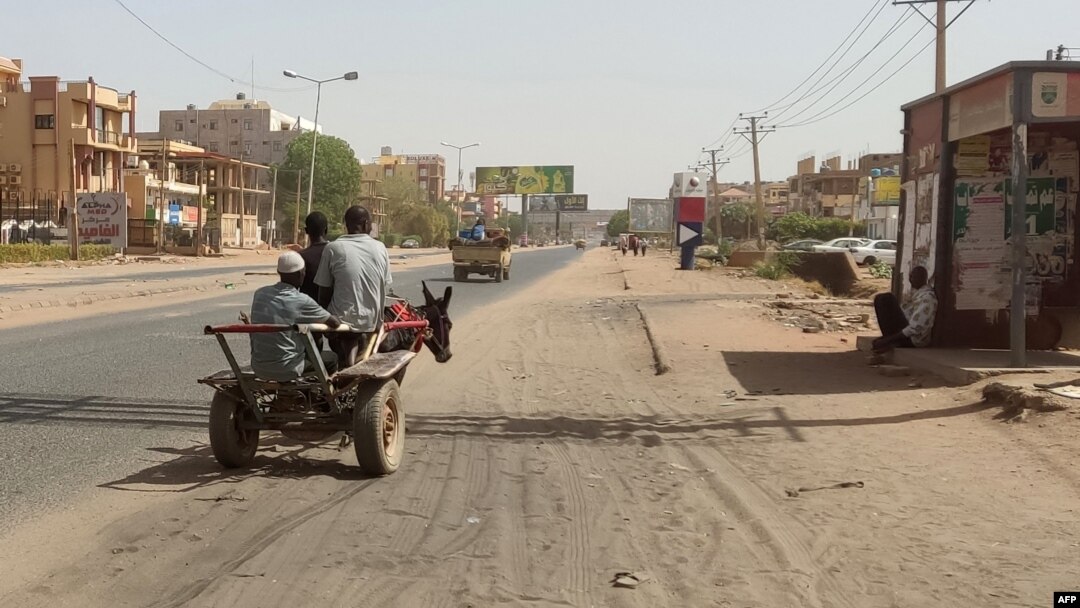"Although there was observed use of military aircraft and isolated gunfire in Khartoum, the situation improved from May 24 when the cease-fire monitoring mechanism detected significant breaches of the agreement," a Saudi-U.S. statement said.
Saudi and U.S. representatives "cautioned the parties against further violations and implored them to improve respect for the cease-fire on May 25, which they did," it added.
Some 1.3 million people have fled the fighting, which stems from a power struggle between military rivals Abdel al-Burhan, head of the Sudan Army, and Rapid Support Forces leader Mohammad Dagalo, seeking refuge within Sudan or neighboring states.
The health ministry has said that at least 730 people have been killed, though the true figure is likely much higher.
Those who remain in Khartoum suffer from electricity and water outages, a breakdown in healthcare services and reduced communications. Many homes, particularly in well-off areas of the capital, have been raided and looted.
"When I heard it happened to us I wasn't that surprised," said Taysir Abdelrahim, who had left Sudan and found out her home was looted two days ago.
"Even if we were in Sudan there's nothing you can do about it," she said. "It's all part of the chaos of this war."
Food stores, flour mills and other essential facilities have been looted as well.
The U.S. Agency for International Development (USAID) head Samantha Power said late on Thursday that enough grain to feed 2 million people was being delivered to Sudan by ship.
However, it is unclear how that and other aid that agencies say is ready will reach Khartoum and other hard-hit areas without security guarantees and bureaucratic approvals.
The Saudi-U.S. statement said some aid had been delivered to Khartoum on Friday, without giving details. The Red Cross has said it managed to deliver supplies to seven hospitals.
Outside the Khartoum region, fighting has flared in several major cities to the west in recent days, according to activists, most recently in El Fashir, capital of North Darfur state.
Further west, the cities of Zalingei and El Geneina have experienced a total communications blackout amid militia attacks.
Residents of the city of Nyala, one of the country's largest in South Darfur, said on Friday that calm had returned after days of fighting between the army and RSF.


